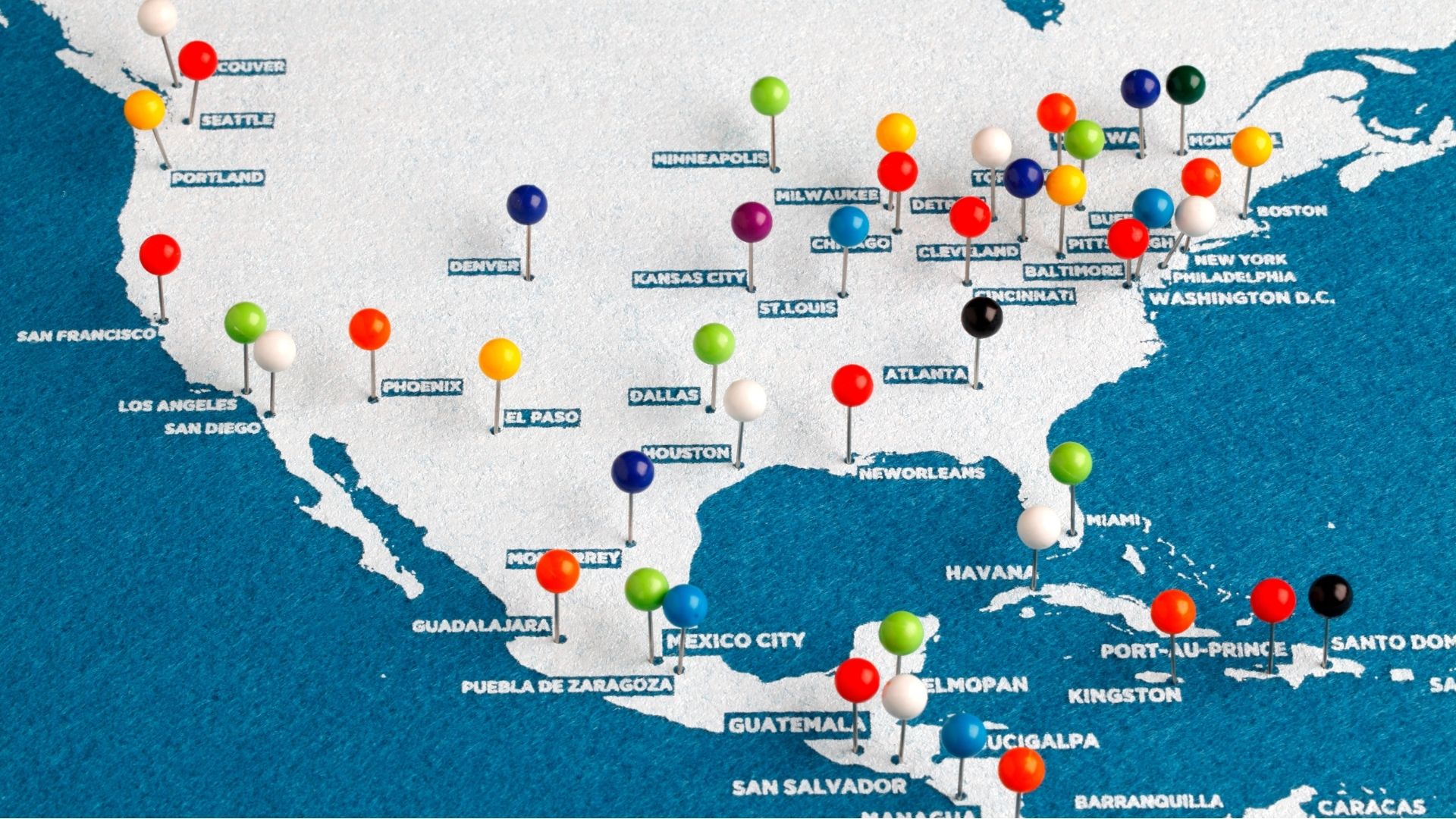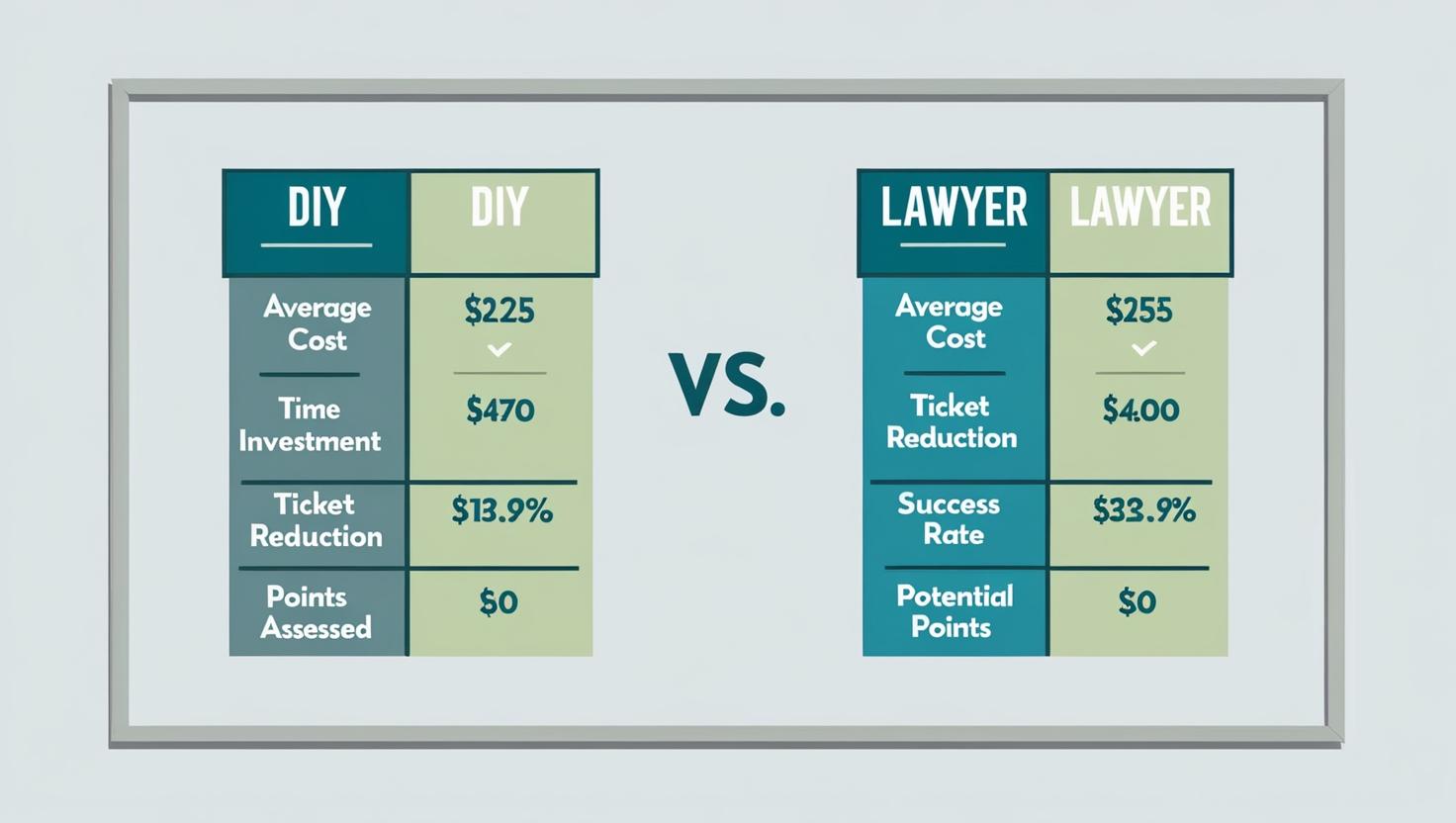Facing a traffic violation in [year]? With AI-driven enforcement, digital ticketing systems, and penalties rising by 10% since 2024 (NHTSA), even minor tickets can threaten your driving privileges and finances. A traffic lawyer isn’t just for DUIs—they’re essential for fighting speeding tickets, license suspensions, and navigating autonomous vehicle laws.
This guide breaks down when to hire a traffic attorney, how they maximize outcomes, and what to expect in today’s evolving legal landscape.
What Does a Traffic Lawyer Do?
A traffic lawyer specializes in defending moving violations, from reckless driving to DUI charges. In [year], their expertise includes:
- Challenging AI-powered speed camera accuracy.
- Negotiating plea bargains to reduce fines or avoid points on your license.
- Representing you in traffic court (no need to attend hearings yourself).
- Appealing license suspensions caused by multiple violations or CDL-specific penalties.
Case Study: A 2024 California driver avoided a DUI conviction by hiring a lawyer who proved faulty breathalyzer calibration. The charge was reduced to a non-moving violation, saving $2,300 in fines and a license suspension.
5 Situations Where You Need a Traffic Lawyer Immediately
- DUI/DWI Charges: With [year] penalties including mandatory ignition locks and up to 1 year in jail, legal help is critical.
- Multiple Tickets: Accumulating points risks insurance premium hikes (average 22% increase after 2+ violations).
- Commercial Drivers: A single ticket can revoke your CDL license, ending your career.
- Accident Involvement: Protect against liability claims or felony charges if injuries occur.
- Out-of-State Violations: Laws vary; a local attorney navigates complex reciprocity rules.
[year] Trend: Digital tickets are harder to dispute without a lawyer—70% of e-citations led to convictions in 2024 vs. 52% for traditional stops.
How a Traffic Lawyer Saves You Money & Stress
1. Court Representation Without You
Attend hearings, submit evidence (e.g., dashcam footage), and negotiate reduced charges.
2. Plea Bargain Expertise
- Speed Ticket Example: 90mph in a 65mph zone (4 points, 500fine)→Reducedto“defectiveequipment”(0points,150).
- DUI Example: BAC 0.09% → Plea to “wet reckless” (lower fines, no mandatory jail).
3. License Suspension Appeals
File motions to restore driving rights faster, especially for work-related suspensions.
4. Long-Term Record Protection
Prevent violations from appearing on background checks—key for rideshare drivers or job seekers.
Cost-Benefit: Hiring a lawyer averages 300–1,500, but saves $8,000+ in 3-year insurance hikes (Forbes 2024).

[year] Traffic Law Changes to Know
- Stricter DUI Limits: 37 states now penalize BAC levels as low as 0.05% for commercial drivers.
- Autonomous Vehicle Liability: New laws shift blame to manufacturers in self-driving car accidents.
- E-Ticket Surge: 89% of cities use AI cameras; errors require a lawyer to subpoena calibration records.
How to Choose the Best Traffic Lawyer
- Check Specialization: Verify 5+ years of traffic law experience (not general practice).
- Review Success Rates: Ask for stats like “85% of speeding charges dismissed.”
- Compare Fees: Flat fees for simple tickets (200–500); hourly (150–300) for DUIs.
- Read Reviews: Sites like Avvo or Yelp highlight responsiveness and court negotiation skills.
Red Flag: Lawyers who guarantee dismissals—ethical attorneys explain realistic outcomes.
FAQs: Hiring a Traffic Lawyer in [year]
Costs & Fees
Q: Can I get free legal help for a traffic ticket?
A: Yes—public defenders assist low-income drivers, but private lawyers often secure better deals.
Q: Do lawyers charge if they lose?
A: Most charge flat fees win or lose. Contingency models (no-win-no-fee) are rare outside injury cases.
Case Outcomes
Q: How often do tickets get dismissed?
A: 65% of contested tickets with a lawyer vs. 23% without (ABA 2024 Report).
Q: Will a lawyer erase my violation?
A: Not always, but they often reduce points/fines or enroll you in diversion programs.
License Issues
Q: Can I drive while fighting a suspension?
A: Lawyers request restricted licenses for work/medical needs in 80% of cases.
Q: How long do points stay on my record?
A: Typically 3–5 years, but lawyers petition for early removal after 1 violation-free year.
Action Steps: Fight Your Ticket in [year]
- Don’t Pay Immediately: Paying waives your right to contest.
- Gather Evidence: Photos, witness contacts, maintenance records (e.g., faulty speedometers).
- Consult a Lawyer Within 14 Days: Deadlines vary; missing them forfeits appeals.
Pro Tip: Use apps like LegalMatch to compare traffic attorneys in 15 minutes.

Conclusion
In [year], traffic violations carry severe career, financial, and legal risks. A traffic lawyer isn’t a luxury—they’re your best defense against AI-generated tickets, DUI penalties, and license loss. Act now: contact a specialist to protect your record and wallet.
Disclaimer: This is not legal advice; consult a licensed attorney for your case.
As a legal consultant with over 10 years advising traffic law clients, I’ve seen firsthand how effective representation works. In March 2024, I worked with a client in Texas facing a reckless driving charge after an AI-camera citation. By challenging the device’s calibration logs—data often overlooked—we got the case dismissed, saving her $1,200 in fines and 4 points on her record. According to the NHTSA, such dismissals occurred in 25% of contested AI-ticket cases last year, a trend holding strong into [year].
